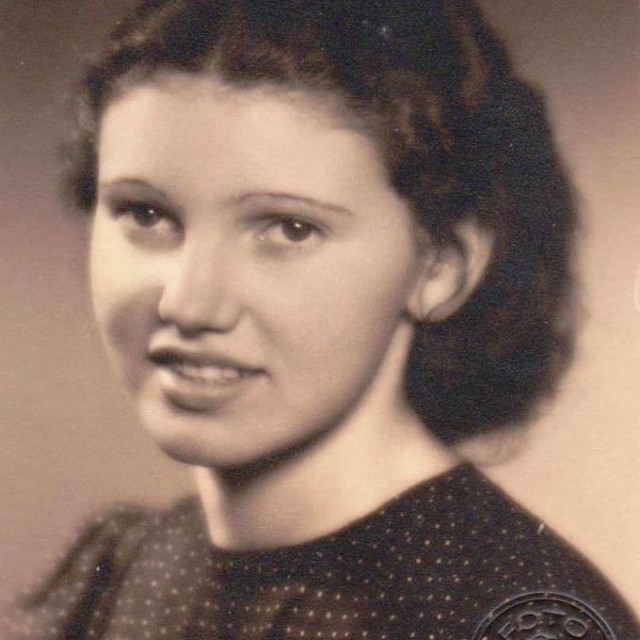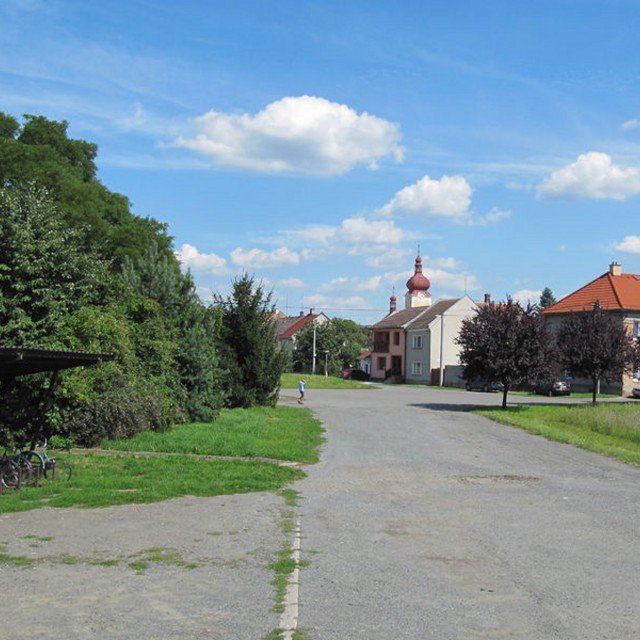They got the girls drunk and had sex with them
Editha Kokojanová joined the Böhmisch-Mährische Landgesellschaft in Bohuňovice in early 1943. She was in charge of all office work there. Several German typists worked at the company and stayed at a hostel. SS-men would visit them as part of Lebensborn, the perverted Nazi organisation, to conceive children of pure Aryan blood with them. “All the girls were gone later on, pregnant. So I was told by the cleaning ladies – I would go home every Saturday afternoon. When I was gone, a truck with soldiers would arrive. They got the girls drunk and had sex with them. The girls then left pregnant, not knowing who the father was. The German race had to proliferate. It was drastic. The cleaning ladies told me there was vomit everywhere; they must have been drunk,” Editha Kokojanová recalls.
Hodnocení
Abyste mohli hodnotit musíte se přihlásit!
Útvonalak
Még nem tartozik egyetlen útvonalhoz sem.
Hozzászólások

Editha Kokojanová
Editha Kokojanová, née Mayerová, was born in Olomouc on 9 October 1921. Her father was of Jewish ancestry and her mother was German. Neither ethnicity nor faith manifested in the family. Married, the father remained without a creed and the mother sided with the Czechoslovak Republic at a time of exalted German nationalism. They had to flee from Šternberk, which the Nazi Germany occupied following the Munich Treaty, in early October 1938. They were not safe in their new home in Olomouc, however. The Gestapo persecuted the family and arrested the father, Eduard Mayer, on 7 April 1942; he perished in Auschwitz on 28 November 1942. Other family members had to withstand severe trials as well. The witness’ brother Jiří Mayer was sent to a camp in Postoloprty in 1944 but escaped and was in hiding for weeks. The communist regime pursued the family too. Sister Gertruda lived in the USA and brother Jiří attempted to leave for Palestine in 1948. He ended up in prison instead and the State Security monitored the family. Jiří Mayer was eventually sentenced to ten years in prison for espionage in a fabricated trial in 1953. He was released as part of the 1960 amnesty. Editha Kokojanová was an office worker after the war. She is retired and lives in Olomouc now.



